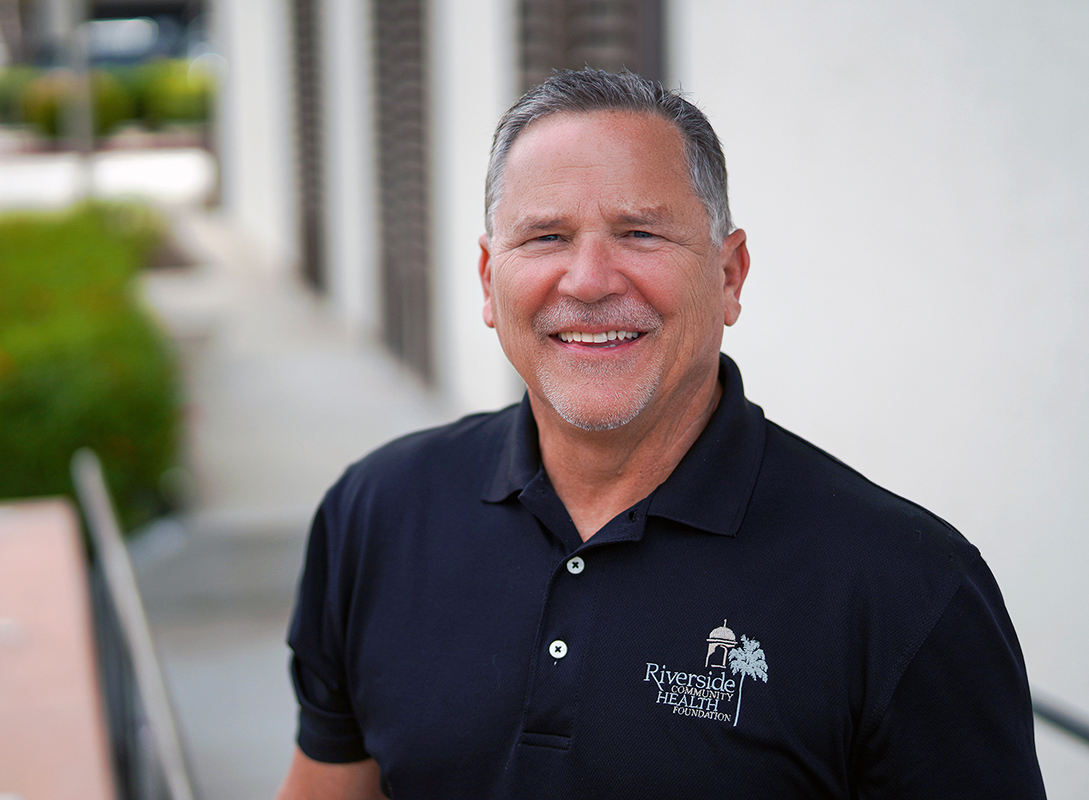Have you heard the theory of “John Henryism”?
Social epidemiologist, Dr. Sherman James is the originator of the theory, which suggests that the prolonged “high-effort coping” (which is defined as “sustained cognitive and emotional engagement” of adversity, including adversity caused by structural racism, such as the loss of a job or being passed over for a promotion), contributes to the well-known high risk for hypertension and cardiovascular disease in Black Americans.

James’ theory was based on the American folk hero, John Henry who hammered metal rods into rocks for explosives. One day, he was challenged with a race against a steam-powered drill that jeopardized the workers’ livelihoods. Defying the odds, Henry beat the machine but died from the stress. Although John Henry, the “steel-driving man” is a fictional character, his story resonates for many Black Americans today who must work twice as hard in a world where systemic racism and inequalities exist.
Here’s where this shows up:
- Housing Market--the Black homeownership rate has barely budged past its 1966 rate of 46 percent.
- Wages -- Black men are paid only 71 cents on the white male dollar. Black women, who face both gender and race discrimination, are paid even less—64 cents on the white male dollar.
- Health – COVID-19 data shows that Black Americans in the U.S. experience higher rates of COVID-19-related hospitalization and death compared with non-Hispanic White populations. These disparities persist even when accounting for other demographic and socioeconomic factors.
Black Americans aren’t on the same playing field as the rest of America. For some, the solution has been to simply “work harder” in the face of these inequalities to build wealth through home ownership, receive equal pay and equitable care.
Let’s take a closer look at systemic racism.
Systemic racism, also commonly referred to as structural or institutional racism, is defined as patterns of behavior, policies, or practices that are part of the structures of an organization, which create or perpetuate disadvantage for racialized persons. (Here’s a helpful video for examples of how systemic racism works).
The false expectation for Black Americans to always be strong and push themselves to impracticable goals by simply, “working harder” is unrealistic in the face of systemic racism. Not only is it unrealistic, it’s damaging to one’s health.

In our segment Let’s Talk About Community Trauma: Impact of Racism on Children we discussed the devastating effects racism has on one’s health with UCR pediatrician, Dr. Osei. She described the trauma as “living with the bear.” She discussed your body and brain in a constant state of “flight or fight” mode which triggers a dysregulation of a stress response. Stress hormones are constantly being released which affect your health and your immune system.
The impact stress has on one’s body can cause negative long-term health effects. Chronic stress has been linked to cardiovascular dysfunctions, diabetes, cancer, autoimmune syndromes, and mental illnesses such as depression and anxiety disorders.

Dispel the notion of simply “working harder” to overcome systemic racism in the face of stress. Ask yourself these questions: am I overworking to prove that I am not weak or am I overcompensating to prove my worth?
Don’t allow systemic racism to challenge your strength, question your adequacy and rob you of rest. Undoubtedly, you are enough, capable to achieve anything and worthy of rest.
We invite you to adopt these truths:
You are Worthy of Rest. It’s OK to value your need for rest over work. No need to “push through” or feel guilty when your body is signaling that you need to rest. This is not an act of laziness but an act of radical self-care. You deserve to rest.
Perfection is Unrealistic. You are allowed to make mistakes as an ever-evolving human. Information from the news, television shows, and even the justice system may imply otherwise, but you deserve space to learn and grow. You are adequate and worthy, even in the face of imperfection.
This is Not Your Fight Alone to Fix. Dismantling systemic racism is not solely up to Black Americans. This is a collective effort, and everyone must work intentionally towards antiracism efforts.
Remind yourself every day of the value of rest---your health and well-being depend on it. Make a deliberate effort to reject any shame attached to slowing down and recalibrating your mind, body, and spirit. Let’s de-program the way we approach rest and imperfection. Set new goals that take into consideration all that we’ve been through, are currently enduring, and what’s ahead for the future.

No matter how difficult, we must make a conscious effort to rest. Take it from Simone Biles, Olympic gold medalist and the first woman to receive four straight U.S. all-around titles. In an interview, she stated, "We also have to focus on ourselves, because at the end of the day, we're human, too. We have to protect our mind and our body, rather than just go out there and do what the world wants us to do.”
Welcome more joy, more spaces for learning, and most importantly more rest.
By Dominique Mackey, Digital Marketing Specialist for Riverside Community Health Foundation




